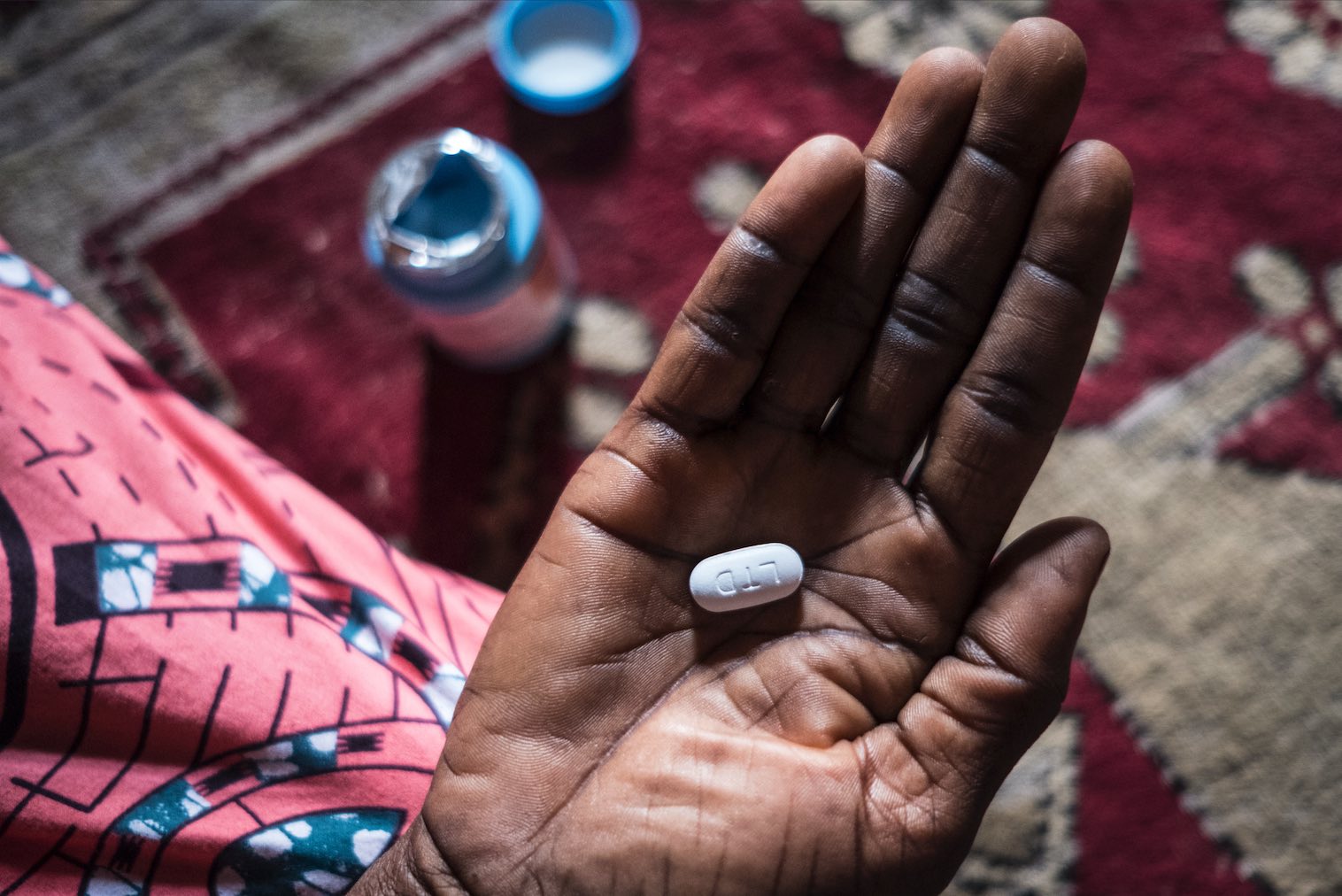When someone tests positive for HIV, many people think the next step is to start swallowing ARVs immediately. But before that happens, health workers need to do something very important — a full medical check-up and counselling session. This helps to make sure the treatment is safe, works well, and can be taken consistently.
You can ask your own question to a licensed healthcare provider here for free. It may take up to 7 days to get an answer. If you want a consultation in minutes, book now with Hope+ our premium and best health consultation service in Uganda.
Here’s a simple breakdown of what happens before you start ARVs in Uganda:
1. A Full Health Check
Your doctor or health worker will first look at your general health to understand how far the HIV has progressed and if you have any other illnesses that may affect treatment.
This includes:
- Taking your medical history (for example, have you had TB before? Are you pregnant? Have you ever taken ARVs before?)
- Doing a physical examination (checking your weight, blood pressure, signs of infection like thrush, swollen glands, or skin problems)
- Running blood and lab tests (these show if your kidneys and liver are okay, check your CD4 count, and test for infections like hepatitis B, syphilis, or TB)
2. Understanding Your Lifestyle and Risks
The health worker will ask questions like:
- Do you understand what HIV is and how it works?
- When were you diagnosed?
- Are you working? What kind of job do you do?
- Are you currently pregnant or planning to become pregnant?
- Are you using family planning?
- Have you told your partner about your HIV status?
- Are you willing to use condoms or practice safer sex?
- Do you feel stressed, depressed, or in pain often?
This is not to judge you. It helps the health worker support you better and plan your care.
3. Checking for Other Diseases
If you’ve been coughing for more than 2 weeks, you may be asked to give a sputum sample or take a chest X-ray to check for TB.
Other tests might include:
- Urine test to check for protein in the kidneys (especially if you’ll be taking Tenofovir)
- Syphilis and hepatitis B tests
- Pregnancy test if you are a woman of childbearing age
- Cryptococcal antigen test if your CD4 count is below 100 (this checks for a type of meningitis common in people with weak immunity)
4. Confirming Your HIV Stage
Doctors use WHO clinical staging to classify how advanced your HIV is. This guides which medicines you’ll take and how urgently treatment is needed.
Stages range from:
- Stage 1: No symptoms or just swollen glands
- Stage 4: Serious infections like TB, chronic diarrhoea, or wasting
5. Counselling and Getting Ready
Before starting ARVs, you’ll get time to talk to a counsellor who will:
- Explain how ARVs work
- Discuss the importance of taking medicine every day without missing
- Help you come up with a personal adherence plan (how you’ll remember to take your medicine daily)
Sometimes, people are given time to prepare — especially if they are not ready emotionally, need more information, or have other urgent medical issues to treat first.
Why Is All This Important?
Starting ARVs without checking your health first can be dangerous. For example:
- Some medicines don’t mix well with others (like TB drugs)
- If your kidneys are not working well, some ARVs can cause damage
- If you’re pregnant, you need a safe regimen for both you and your baby
This preparation is not a delay — it is the first step in strong, long-term HIV care.
Remember: HIV is no longer a death sentence. With the right treatment and support, you can live a full, happy life. If you or someone you love is starting ARVs, take this first step seriously. It can make all the difference.
Let’s normalise treatment and support, not fear.


